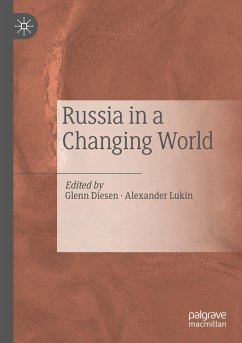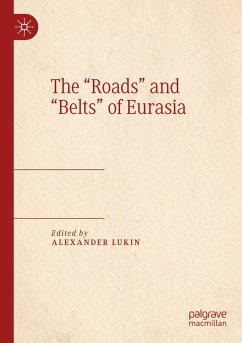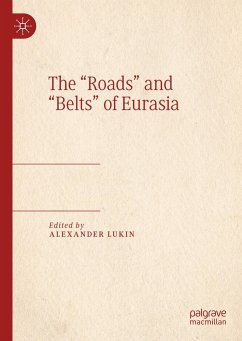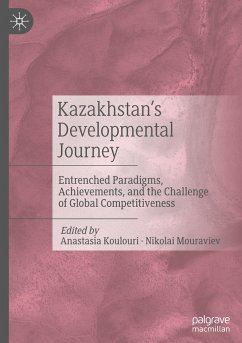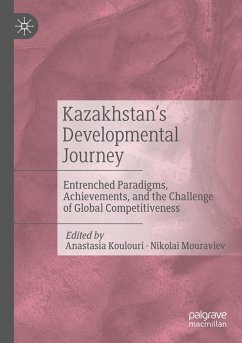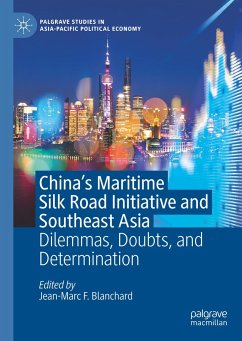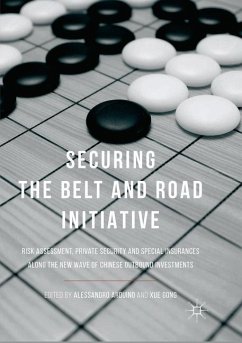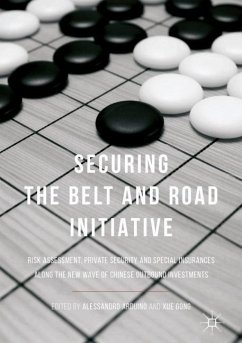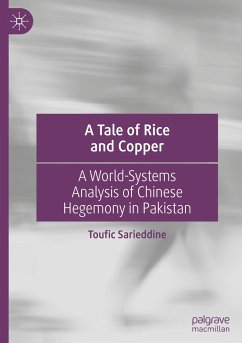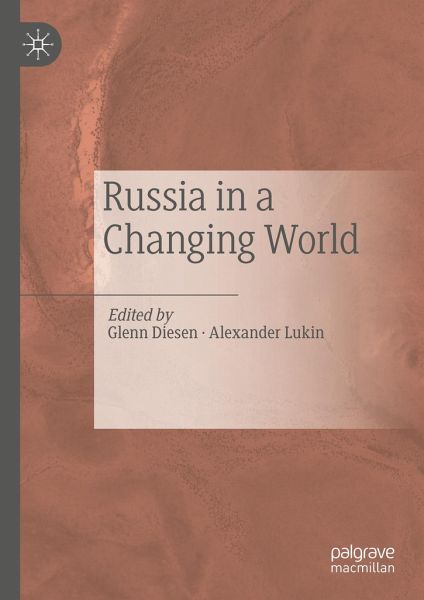
Russia in a Changing World

PAYBACK Punkte
53 °P sammeln!
This book explores Russia's efforts towards both adapting to and shaping a world in transformation. Russia has been largely marginalized in the post-Cold War era and has struggled to find its place in the world, which means that the chaotic changes in the world present Russia with both threats and opportunities. The rapid shift in the international distribution of power and emergence of a multipolar world disrupts the existing order, although it also enables Russia to diversify it partnerships and restore balance. Adapting to these changes involves restructuring its economy and evolving the fo...
This book explores Russia's efforts towards both adapting to and shaping a world in transformation. Russia has been largely marginalized in the post-Cold War era and has struggled to find its place in the world, which means that the chaotic changes in the world present Russia with both threats and opportunities. The rapid shift in the international distribution of power and emergence of a multipolar world disrupts the existing order, although it also enables Russia to diversify it partnerships and restore balance. Adapting to these changes involves restructuring its economy and evolving the foreign policy. The crises in liberalism, environmental degradation, and challenge to state sovereignty undermine political and economic stability while also widening Russia's room for diplomatic maneuvering. This book analyzes how Russia interprets these developments and its ability to implement the appropriate responses.





